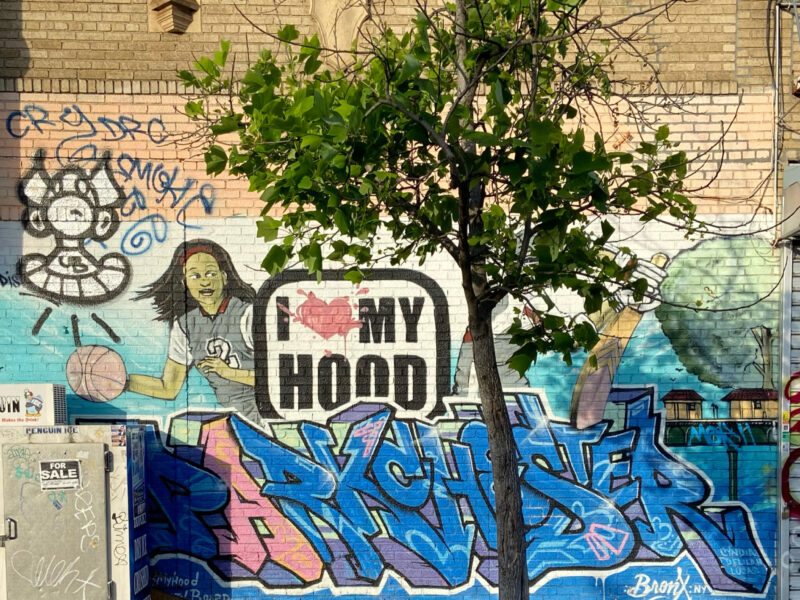La Isla
The rain falls upon the green trees, and the current of the ocean picks up. Somewhere on la isla, an angry worker is demanding pay for his days’ work, while his four children cry out in hunger. His pregnant wife is suffering pains that have no relief, because her medicine is too expensive for her husband to afford.
Just across the street live an older couple, dumped in el campo by their two lawyer children, because they were simply too much of a burden to carry. The older gentleman loves his older wife who is losing her memory. She no longer remembers his name, nor does she remember her children. She doesn’t even remember who she is. But her viejito says it’s for the best, and that dios sabe lo que hace, because this way, the lady cannot remember the pain her children have caused her.
In un barrio not too far from the older couple and the angry worker live a community of farmers, who grow platano and cacao. They take their crops, grown with love and patience to the mercado, where they hope to gather a few pesos to send their children to school and to keep the luz from going off more than it already does.
Poor children with merely a piece of bread and a bit of cafe con leche in their stomachs walk the streets of la capital, holding buckets and brushes in their frail hands, with which they clean the shoes of passersby for cinco pesos.
Somewhere on la isla, a heartless criminal takes out his gun and shoots a harmless pedestrian to take their cellphone.
Somewhere on la isla, a mother cries as she holds her dead son, taken by a reckless driver, who carelessly ran over the young boy on the motorcycle. Her breaths are as labored as they were when she gave birth to her child. This time, life was taken as opposed to brought.
And so we on the isla ask the saints of misery, corruption, hunger, and poverty what to do. And they tell us to look to God, as He has all of the answers.
When we looked to God he told us to come over to where he was standing. He told us stand here now, and look down on la isla.
And so we looked. What we saw was stronger than our saints.
At the same time that an angry worker was demanding pay and cursing, a meal was being given to a hungry child, a pregnant woman was offered a seat on the bus, and someone’s life was spared from an automobile accident.
Even when things seem like they’re falling apart, and that there is only darkness, somewhere on la isla, there is light. Even when se va la luz.
*The opinions and ideas expressed are solely those of the author, and do not reflect the opinions of The Bronx Brand*
Lu Perez is from the Eastchester section of the Bronx but currently resides in the Fordham area. Being Latina and growing up in a predominantly Hispanic/Latinx community in the Bronx has been a great influence in the way she writes. Her appreciation for her Dominican heritage comes through in Lu’s work. From the slang, the open fire hydrants during the summer, the sticky streets and booming music have become pieces in the puzzle that forms Lu’s identity; these are the experiences that have had a profound effect on the way Lu perceives the rest of New York, and the world.



